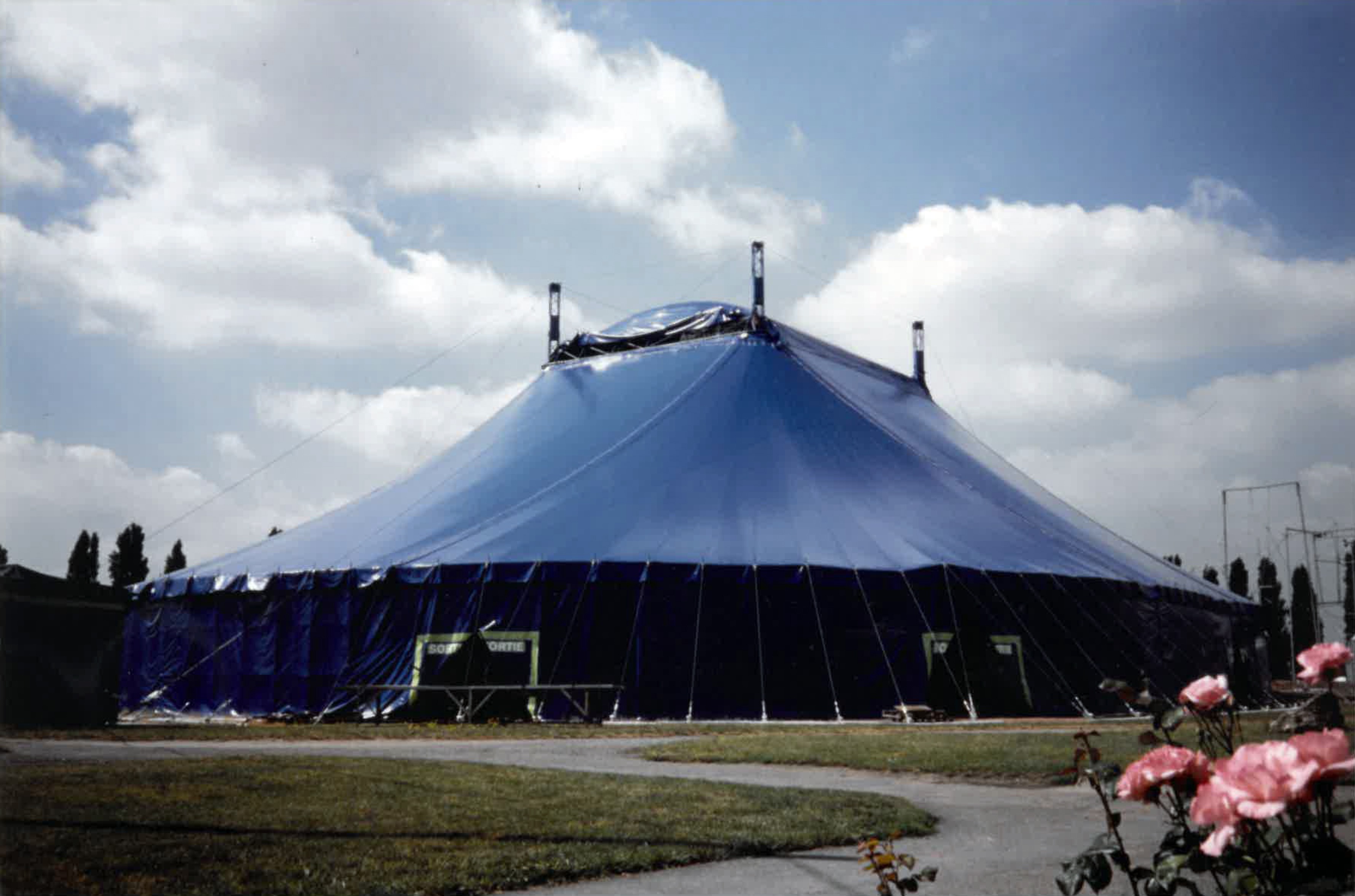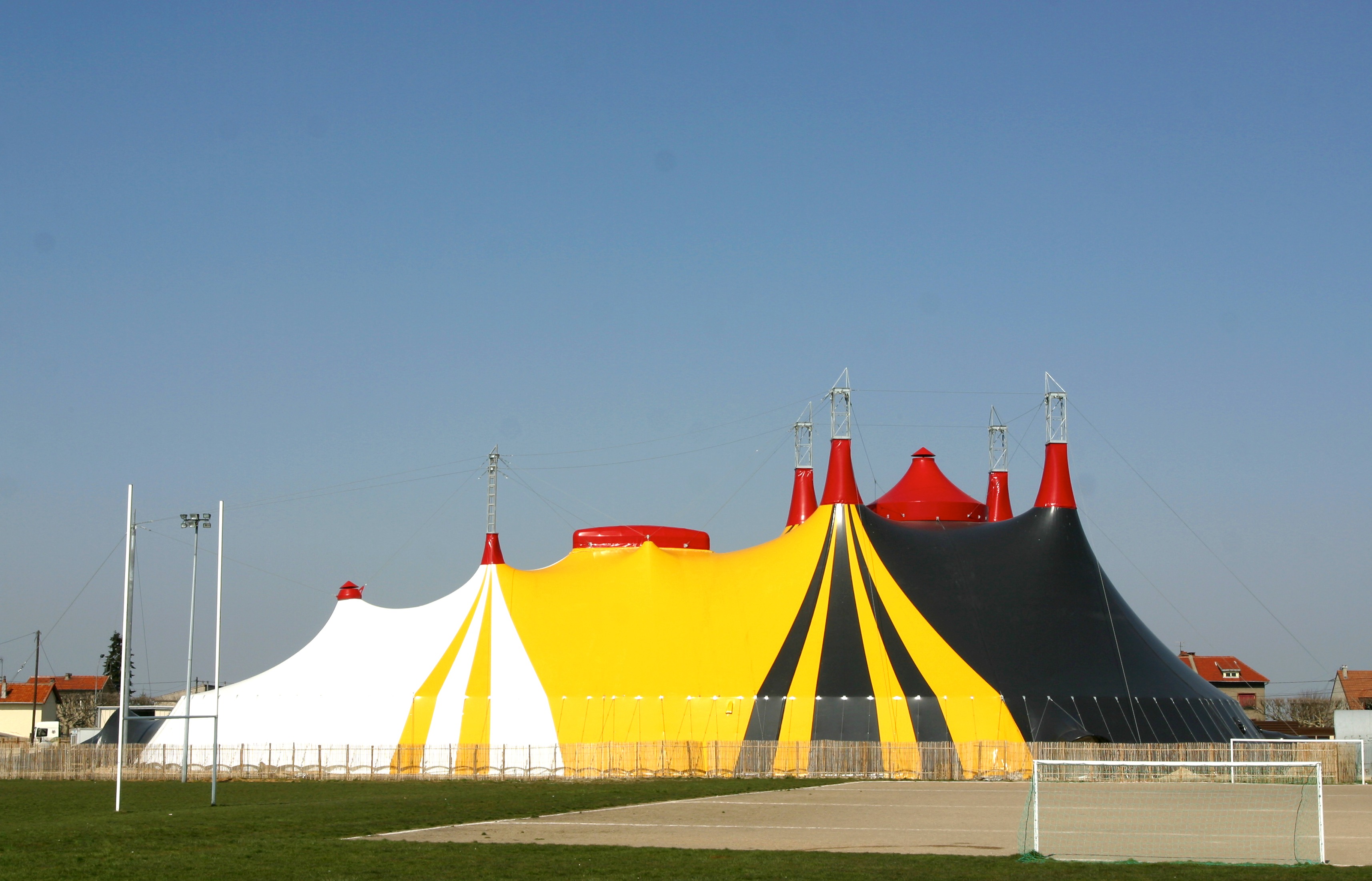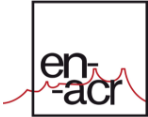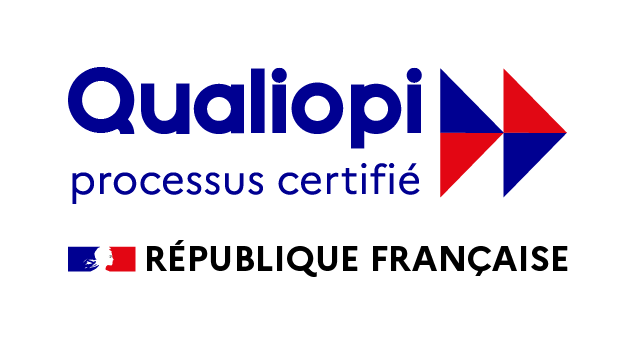In 1983, Bernard Turin and a few enthusiasts started the circus arts program at Rosny-sous-Bois. This followed the will of the municipality, represented by Anny Goyer and Claude Pollet, to offer aerial activities for adults. This initiative was then extended to children, and the multidisciplinary nature of the teaching led to the creation of a quality training program in 1986. The school quickly became known for its renewal of traditional circus, the avant-garde nature of its productions and its teaching, even beyond national borders. Five years of increasing success led to the creation of the Rosny-sous-Bois Circus School. Then, in 1994, Anny Goyer succeded Bernard Turin, who was already head of the National Center for Circus Arts in Châlons-en-Champagne (CNAC). When the school opened its BATC (Brevet Artistique des Techniques de Cirque) program, it took on the name ENACR which it still bears today, an acronym for École Nationale des Arts du Cirque de Rosny-Sous-Bois. Meanwhile, ENACR has developed partnerships abroad that have continued to establish its international reputation.
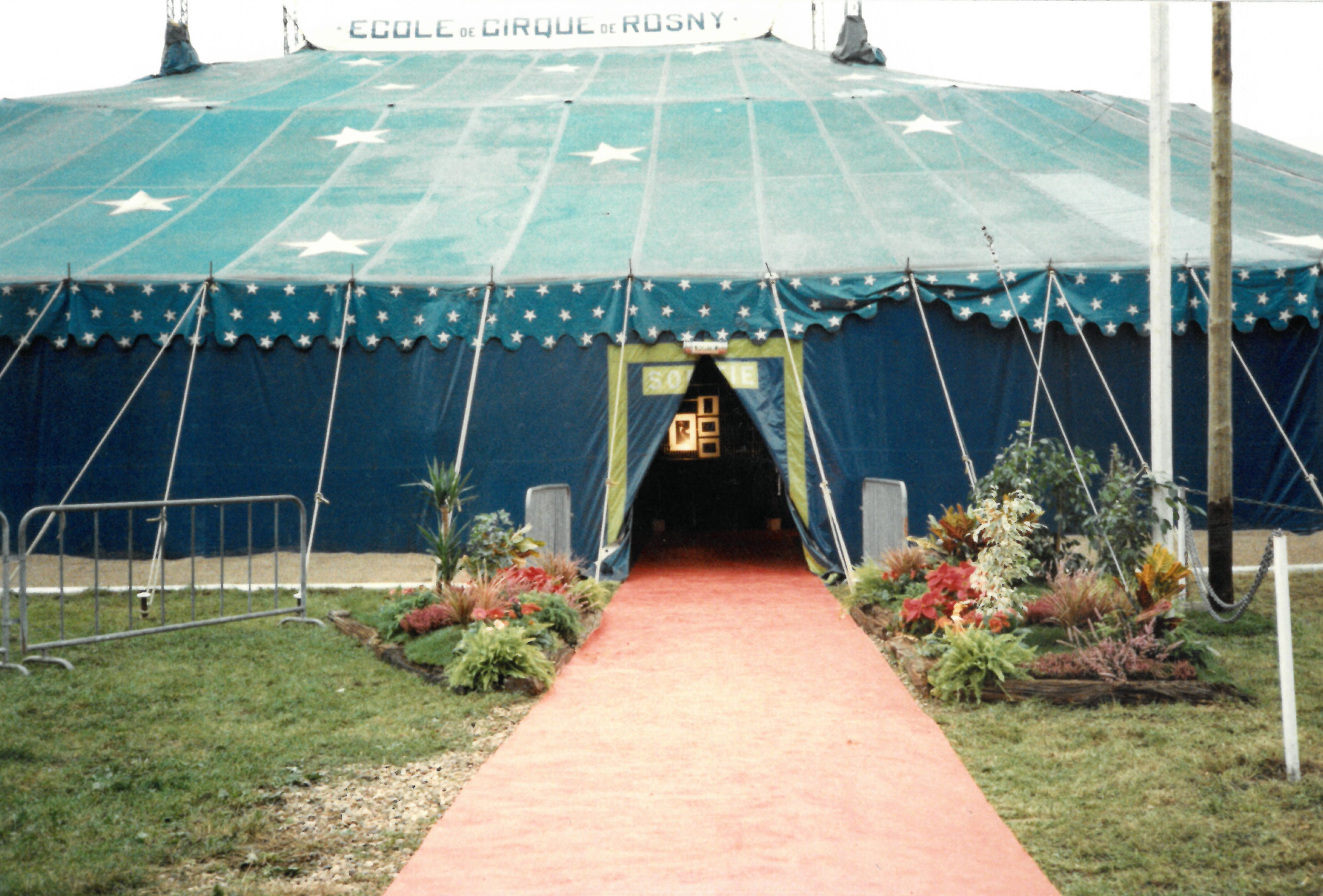
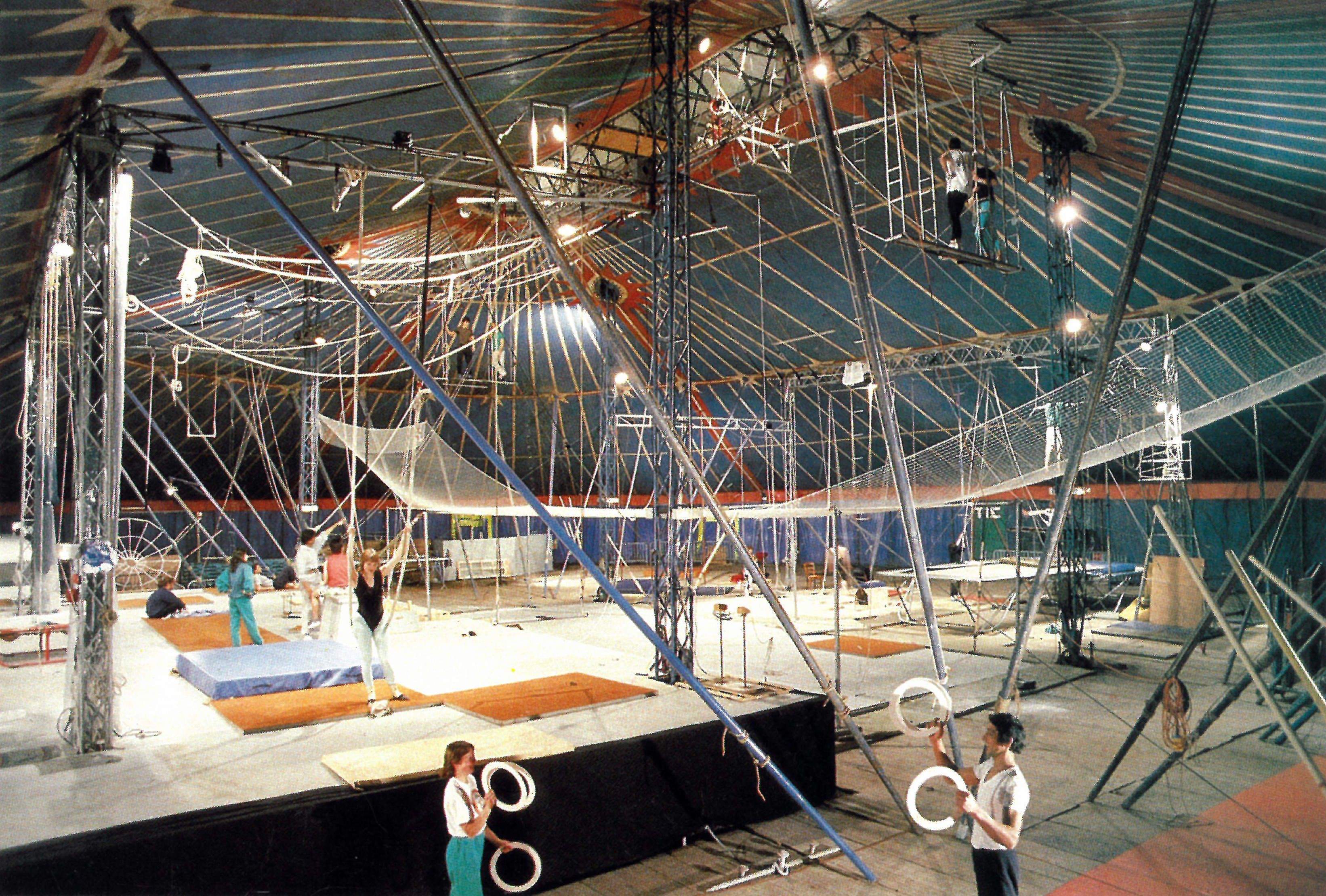
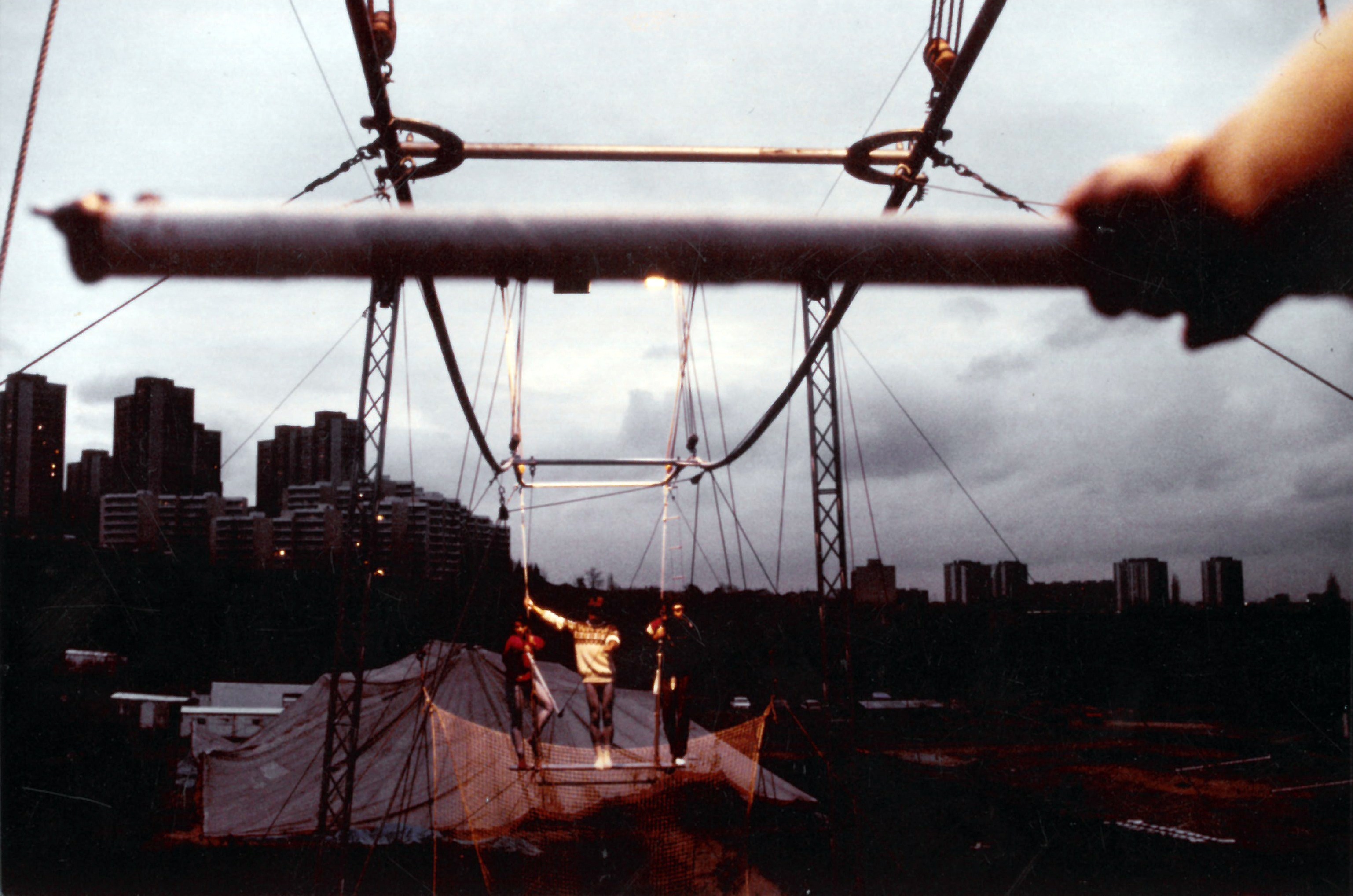
In 2008, José-Manuel Gonçalves was elected president of the school and, two years later, also became director of Le Centquatre - Paris. This allowed a fruitful partnership to develop between the two institutions, notably around contemporary creation.
In 2012, Gérard Fasoli was appointed director of CNAC. As a former teacher at ENACR, he encouraged the two schools to develop joint pedagogical training training leading to a two-year BATC and a three-year National Superior Professional Diploma (DNSP) in circus arts.
In 2013, the thirtieth anniversary of circus at Rosny-Sous-Bois were celebrated, as well as the twenty-fifth anniversary of the school. On this occasion, the tent was renamed "Espace Bernard Turin.”
In 2015, ENACR, CNAC and the Académie Fratellini were jointly authorized to deliver the state diploma for circus teachers (Diplôme d’Etat de Professeur de Cirque), in recognition of their work in and their commitment to professional training.
The year 2022 was marked by the appointment of Cyril Thomas as the new director of ENACR. His project aims, on the one hand, at offering a high-quality program ranging from advanced to higher education, and on the other hand, to foster a new territorial and national dynamic and to open up to the international scene.
After more than thirty-five years of activity, the National School of Circus Arts at Rosny-sous-Bois is today a real platform for training the circus artists of tomorrow as well as amateurs of all ages, while being a place of training and rehearsal for circus arts professionals.
